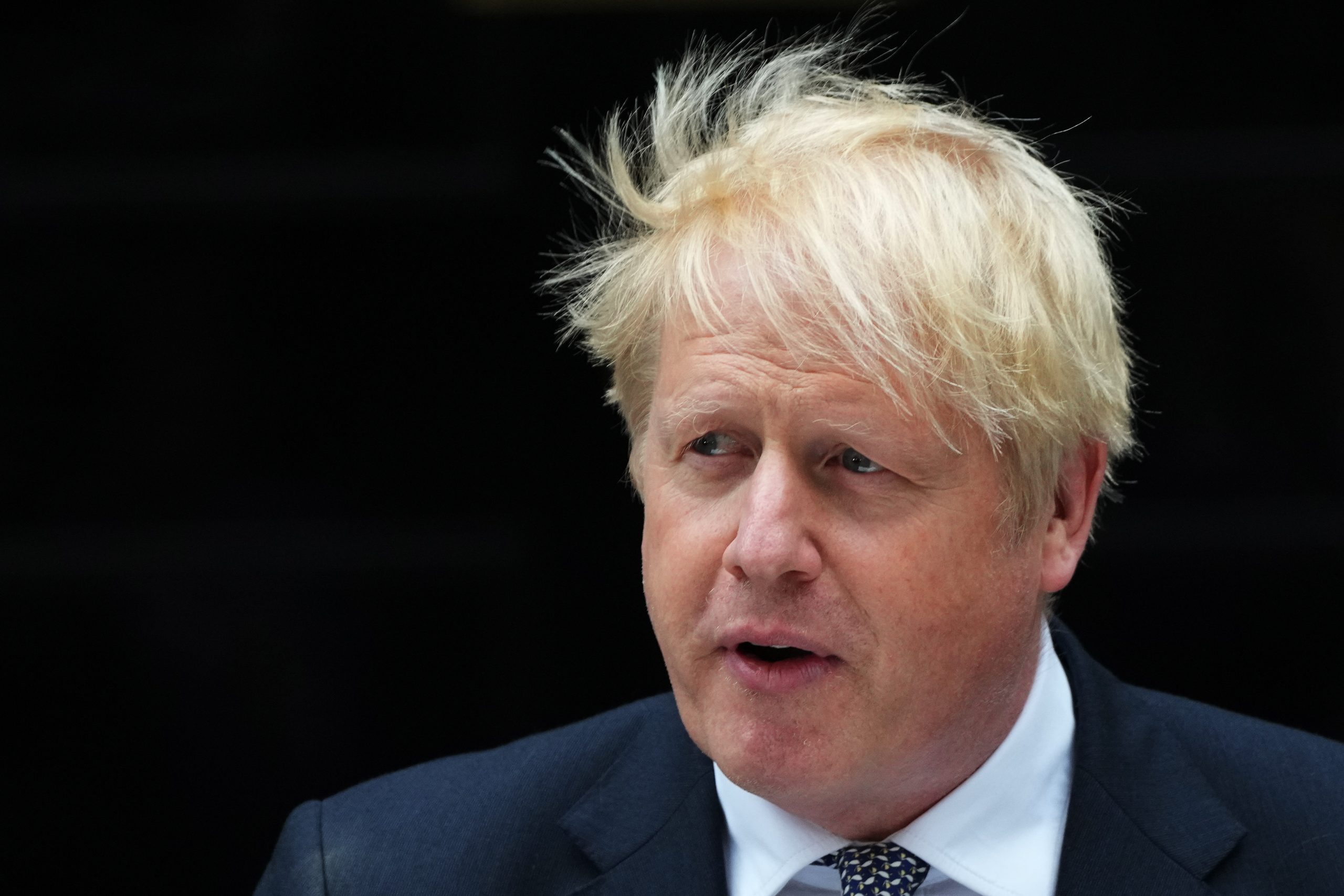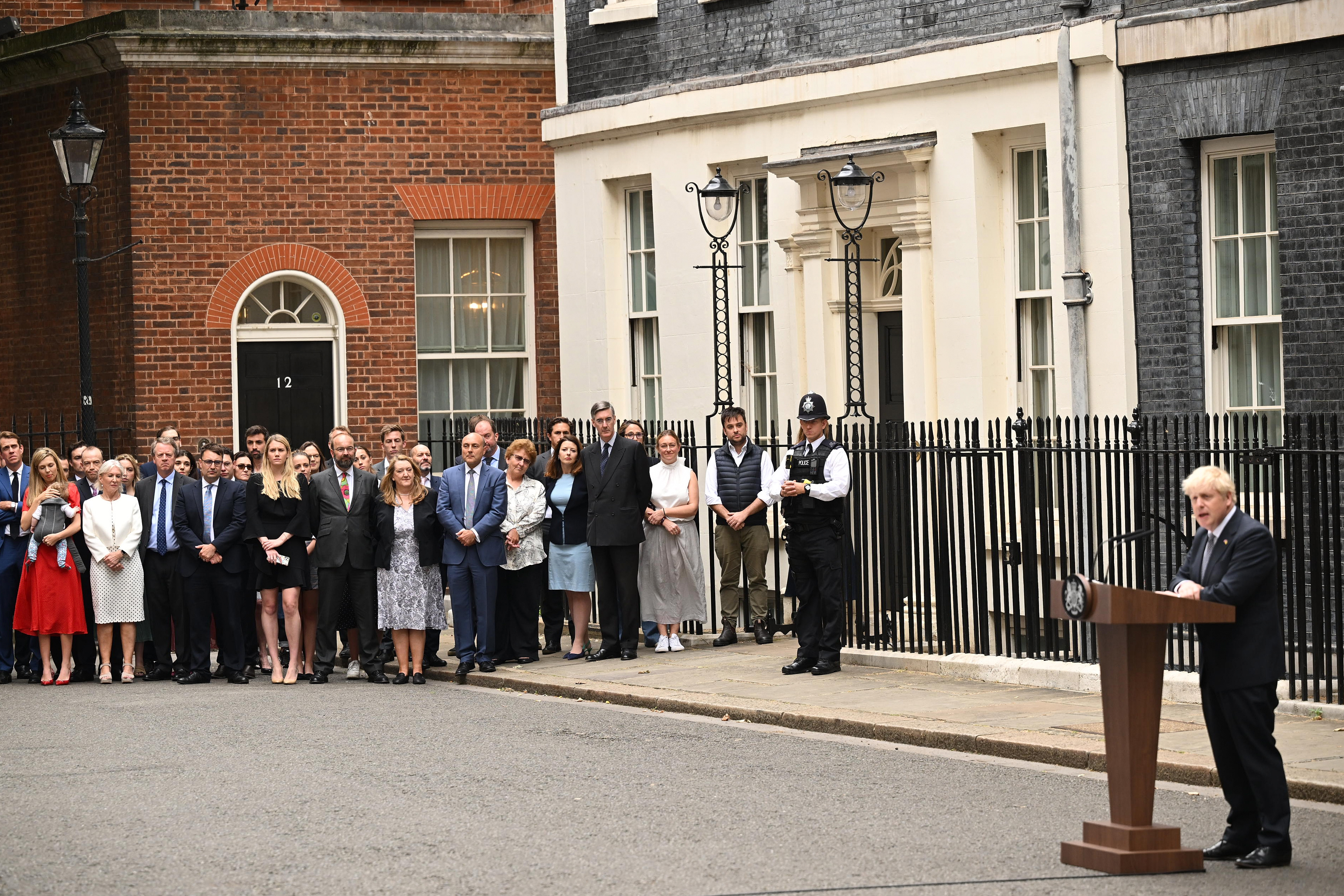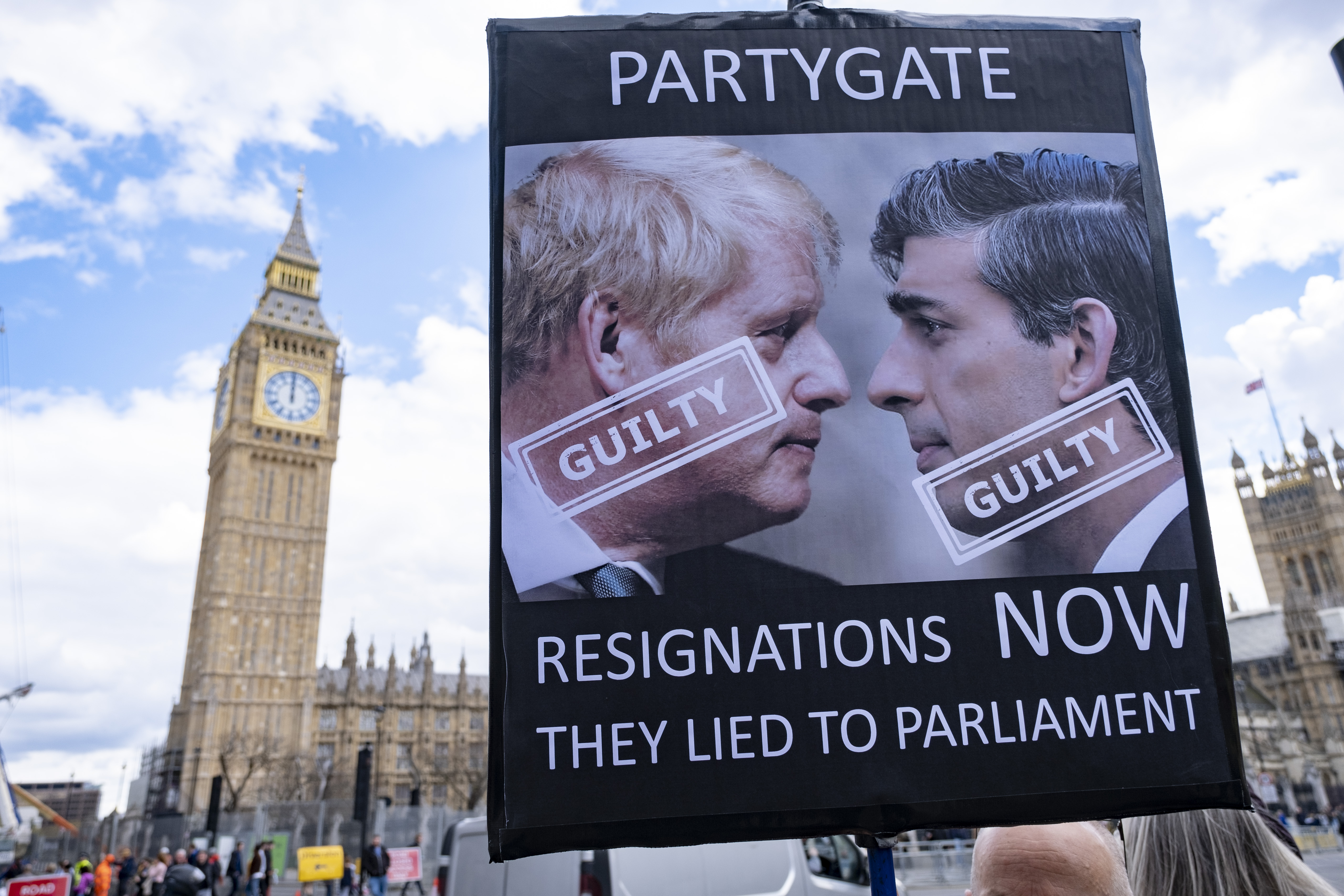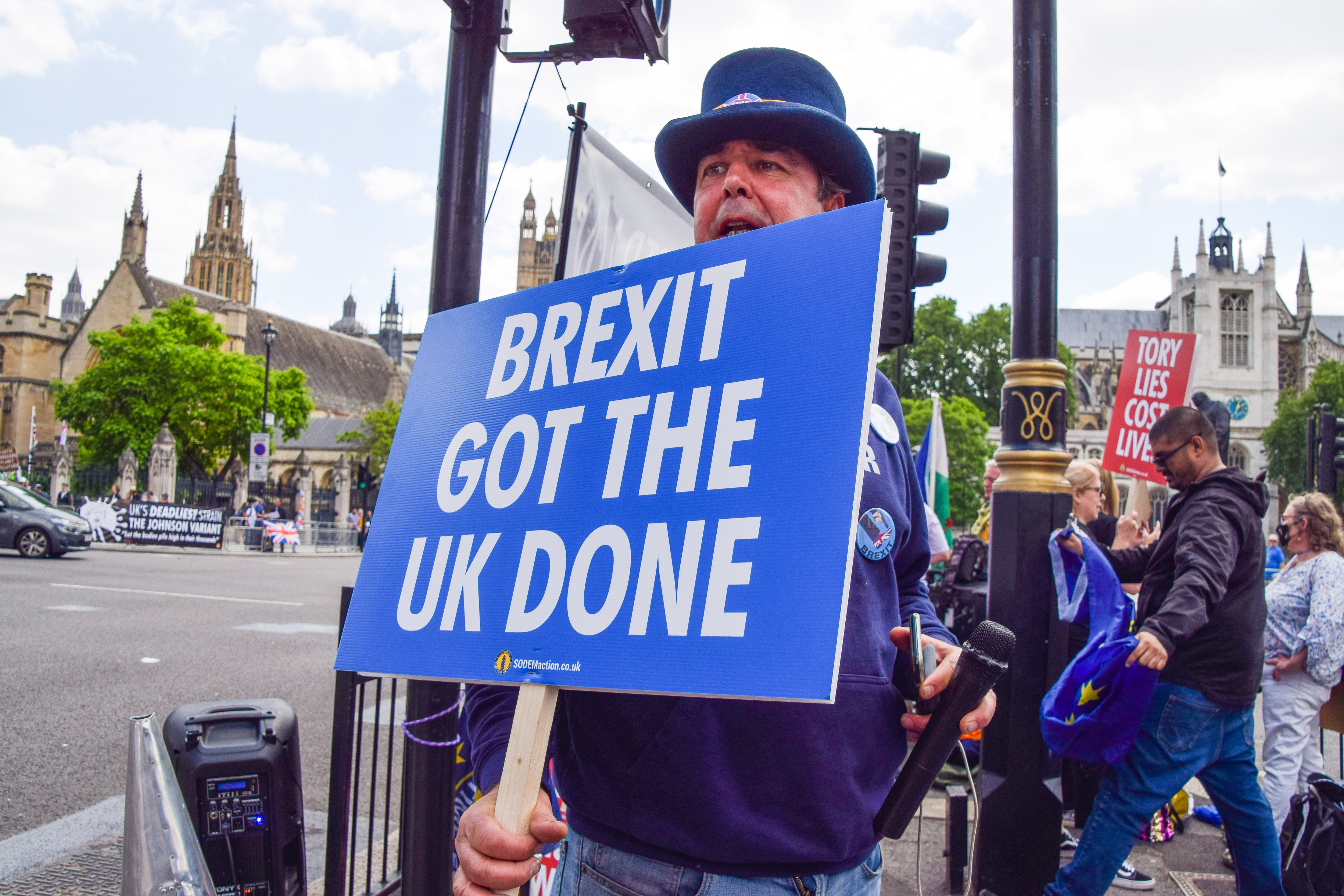The 4 most important things to know about Boris Johnson's downfall
Boris Johnson entered No 10 after a landslide general election victory in 2019. Now, with his government collapsing around him, he has resigned as Prime Minister in a dramatic exit


Celebrity news, beauty, fashion advice, and fascinating features, delivered straight to your inbox!
You are now subscribed
Your newsletter sign-up was successful
Boris Johnson entered No 10 after a landslide general election victory in 2019. Now, with his government collapsing around him, he has resigned as Prime Minister in a dramatic exit
Today, Boris Johnson resigned as Prime Minister of the UK following a whirlwind of scandals, lies and Conservative party resignations. To make sense of how we've got here, Marie Claire rounds up the four most important things to know about Johnson's fall from grace.
1) He lied and sent his ministers out to lie too
Boris’ Johnson’s lies surrounding the Chris Pincher scandal proved to be the straw that broke the camel's back. The Conservative deputy chief whip was accused of groping two men at the Carlton Club in Piccadilly, on 29 June. This sparked further allegations against Pincher. Importantly, some of these dated back from before Johnson made Pincher deputy chief whip in February this year.
Pincher resigned as deputy chief whip and wrote a letter saying that he "drank far too much" at the Carlton Club that night and had "embarrassed himself".
No 10 and several Ministers insisted that Boris Johnson was not aware of specific allegations against Pincher when he promoted him in February. However, days later, a source from the whips’ office confirmed that this was a lie and Johnson had been aware of a formal complaint against Pincher.
Stirring the pot, ex Chief Advisor Dominic Cummings claimed that the Prime Minister had jokingly described the politician as “Pincher by name, Pincher by nature,” and “long before he appointed him”.
On July 4, Johnson admitted that he had known about a complaint against Pincher in 2019 and apologised for promoting him. He declined to comment on Dominic Cummings’ claim.
Celebrity news, beauty, fashion advice, and fascinating features, delivered straight to your inbox!

2) He’s had to apologise repeatedly for breaking rules that he made
In November last year, reports emerged that a series of parties violating lockdown rules were held at Downing Street during the pandemic. Johnson insisted that "all guidance was followed completely in No 10". Again, he turned out to be lying.
He was later fined for attending one of the illegal gatherings, held on his birthday in June 2020, and apologised for having attended a “bring your own booze" garden party while the country was in lockdown.
Sue Gray, the senior civil servant who led the official investigation into the Partygate scandal, revealed that 16 illegal events took place at No 10 between May 2020 and April 2021. She wrote: "The senior leadership at the centre, both political and official, must bear responsibility for this culture."

3) The Conservative party is hugely divided
In the wake of the latest scandal involving Chris Pincher, 59 Conservative Party ministers and private secretaries have resigned including ex-Chancellor Rishi Sunak and former Health Secretary Sajid Javid. Many of the resignation letters reference the current government’s lack of “integrity” among their reasons for leaving.
A further five ministers have come out and urged Johnson to go, including previous Boris loyalists Home Secretary Priti Patel, the new Chancellor Nadhim Zahawi and Attorney General Suella Braverman.
The BBC reports that 13 Cabinet Ministers remain loyal to Johnson, including Foreign Secretary Liz Truss, Deputy PM and Justice Secretary Dominic Raab and Brexit opportunities minister Jacob Rees-Mogg.
But even prior to the Pincher affair, the conservative party was extremely divided. In the vote of no confidence held on 7 June, Johnson received the support of 211 (59%) of his MPs, with the remaining 148 voting against him.
Another issue dividing opinion is Johnson’s response to the cost of living crisis. With inflation at a record high of 9.1%, many British people are finding it harder than ever to make ends meet. Despite this, Johnson's government increased taxes in April, further increasing the gulf between his supporters and other party members.

Protesters gathered outside the Houses of Parliament on the fifth anniversary of the referendum. (Photo by Vuk Valcic/SOPA Images/LightRocket via Getty Images)
4) Brexit hasn’t worked out as well as Johnson hoped
Johnson’s promise to “Get Brexit Done” helped him win an election, but the extent to which he’s delivered on that promise is debatable.
Two years after Britain withdrew from the EU, Johnson’s government has said it wants to break the agreement he signed. This could help fix problems in Northern Ireland concerning the protocol that governs trade. While some members of his party support this, others are very unhappy at the idea of breaking international law. Far from being "done", Brexit has continued to divide the Conservative Party and helped to push out the PM.
Johnson lacks "integrity, competence, and vision", said Conservative MP and former minister Jeremy Hunt in June, the same month the Conservative Party suffered a series of bi-election defeats.
Now, love him or loathe him, Boris Johnson is no longer Prime Minister. But what next? Who will replace him? We'll continue to keep you updated.
